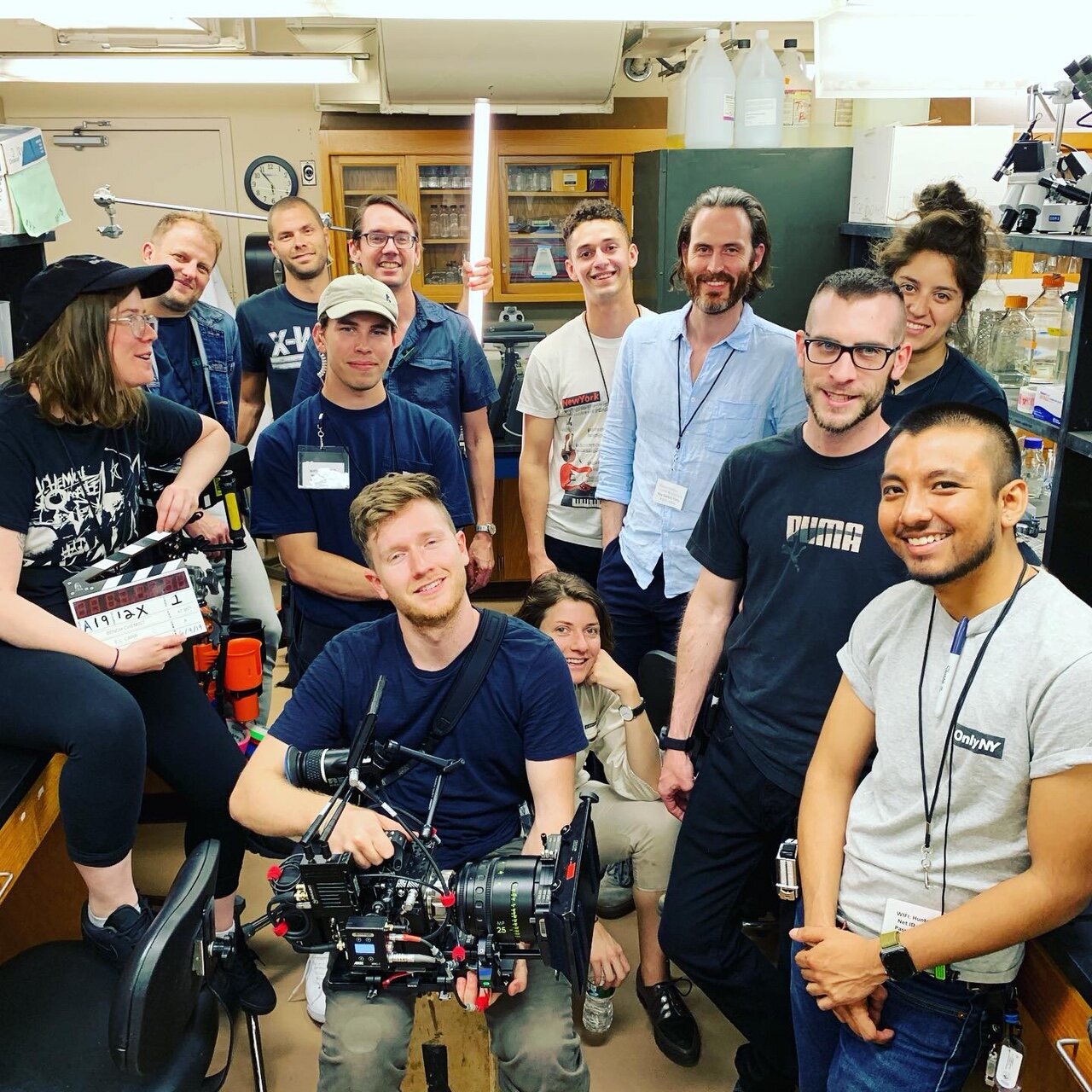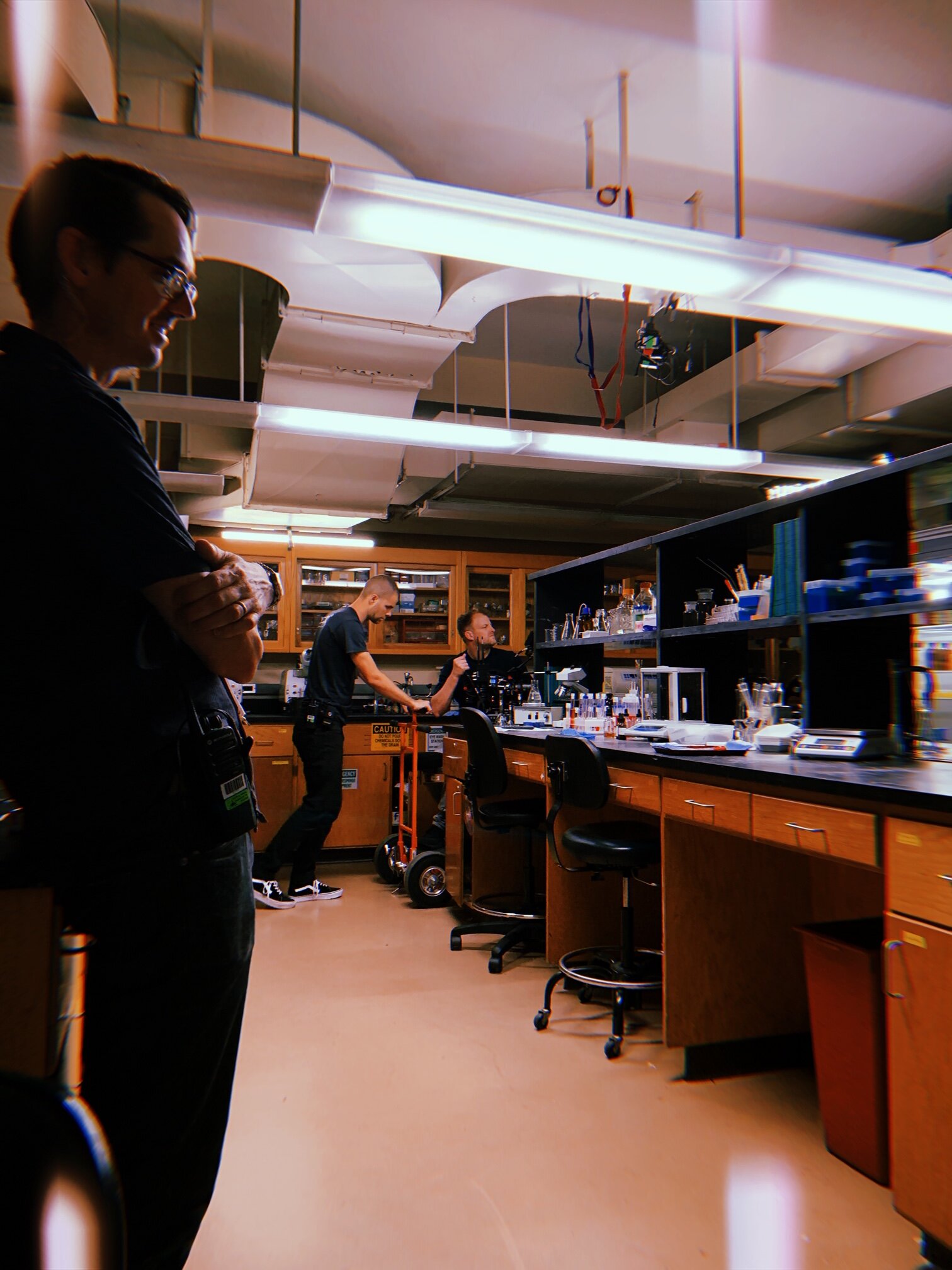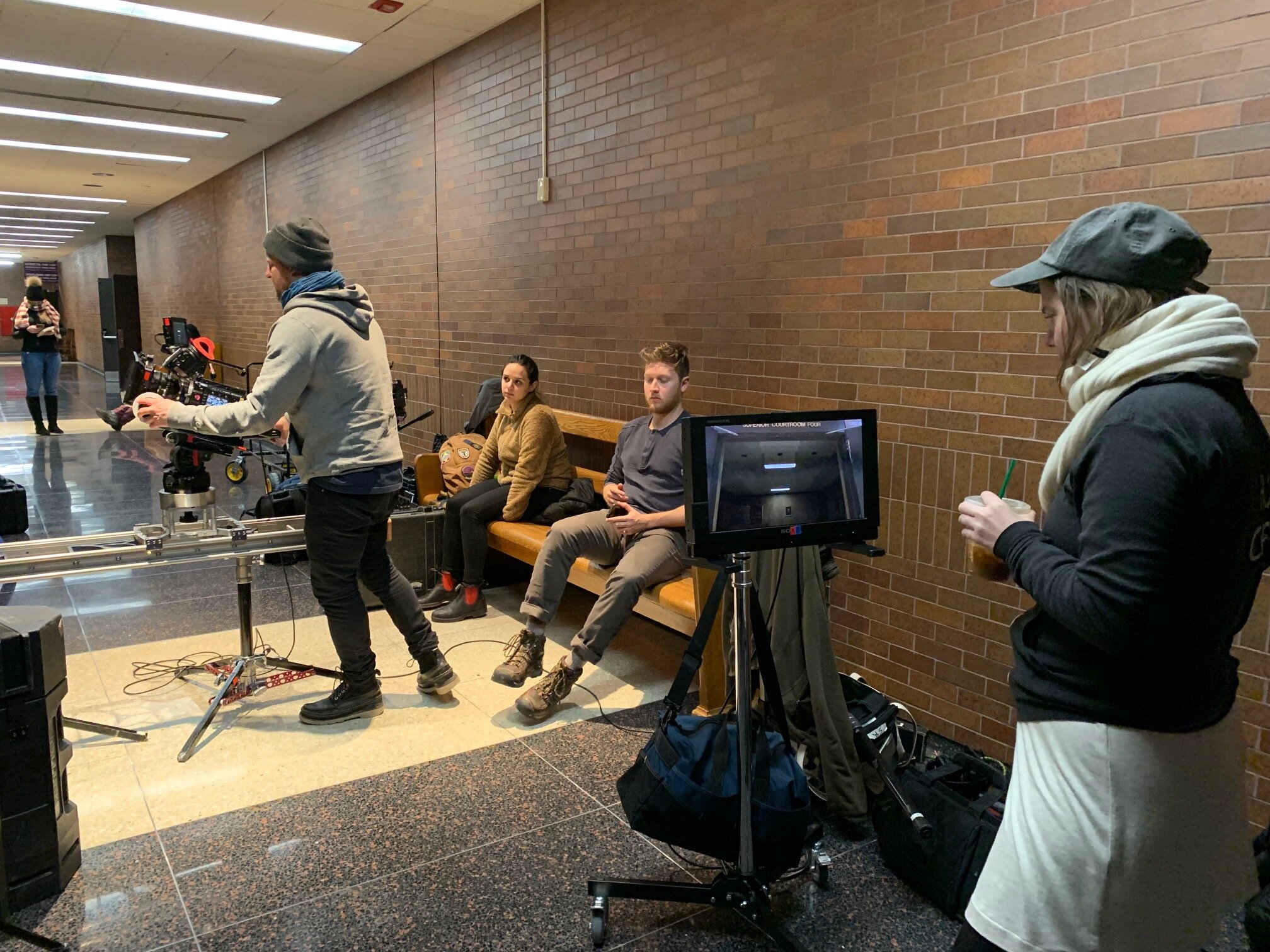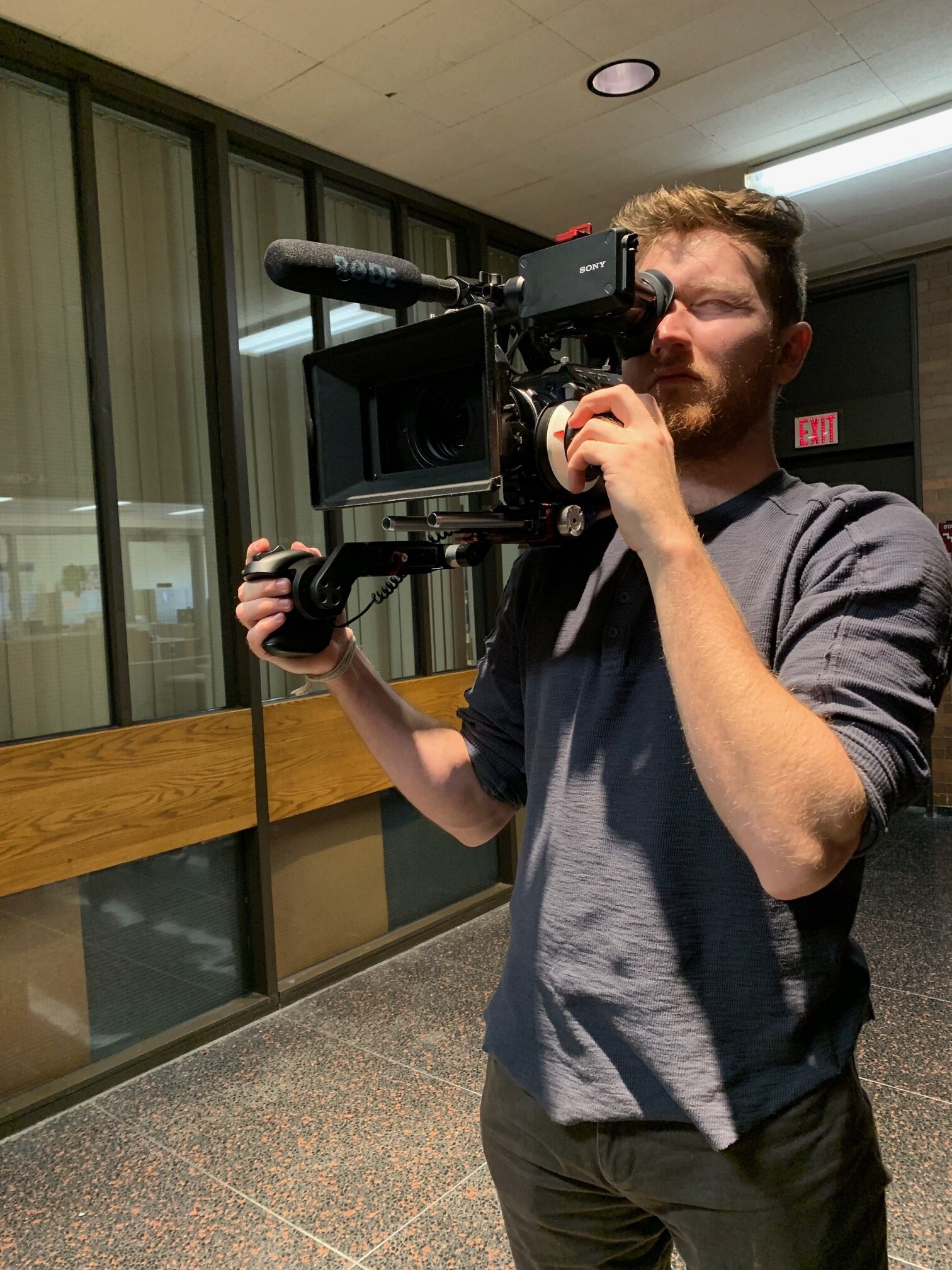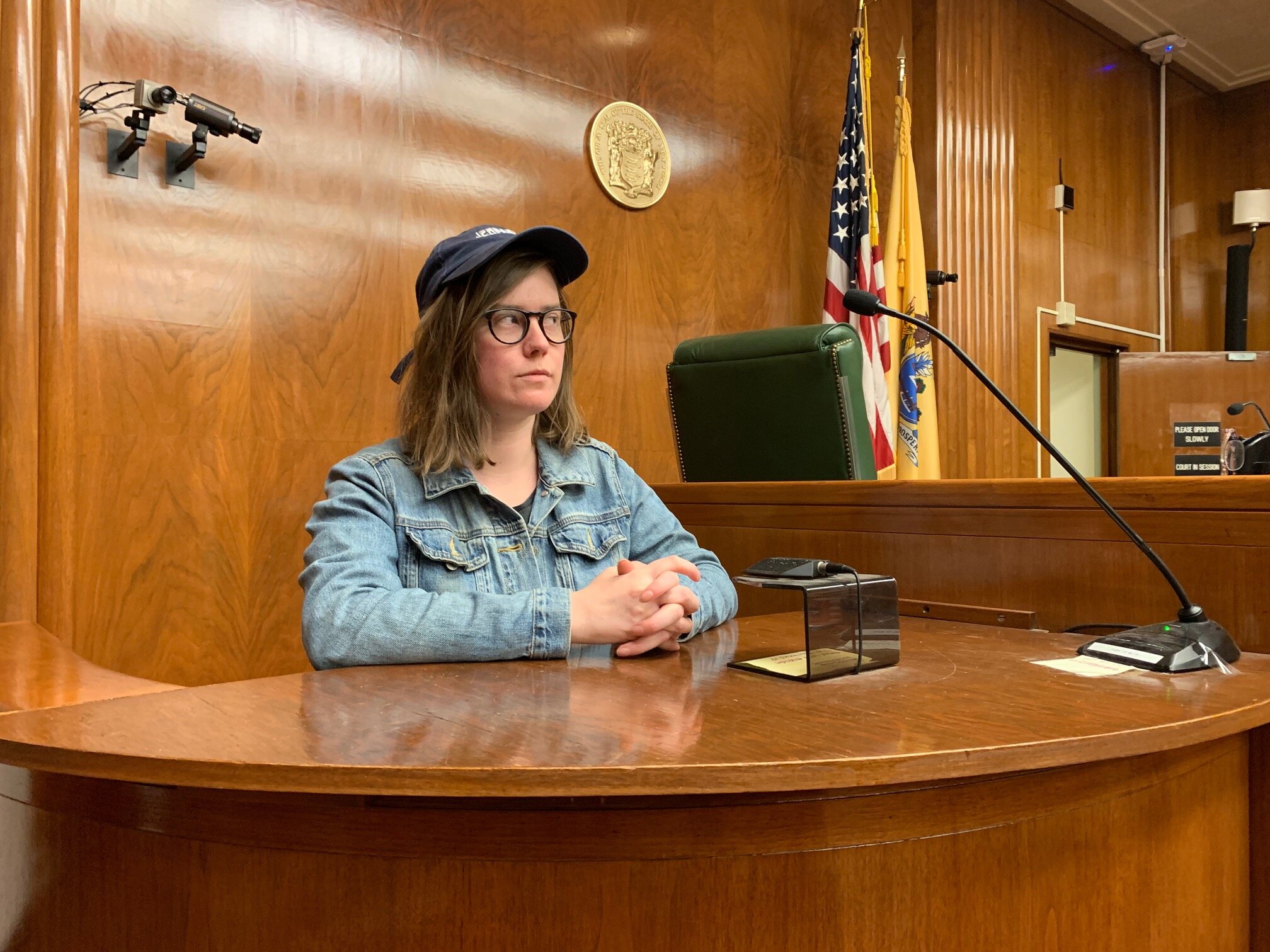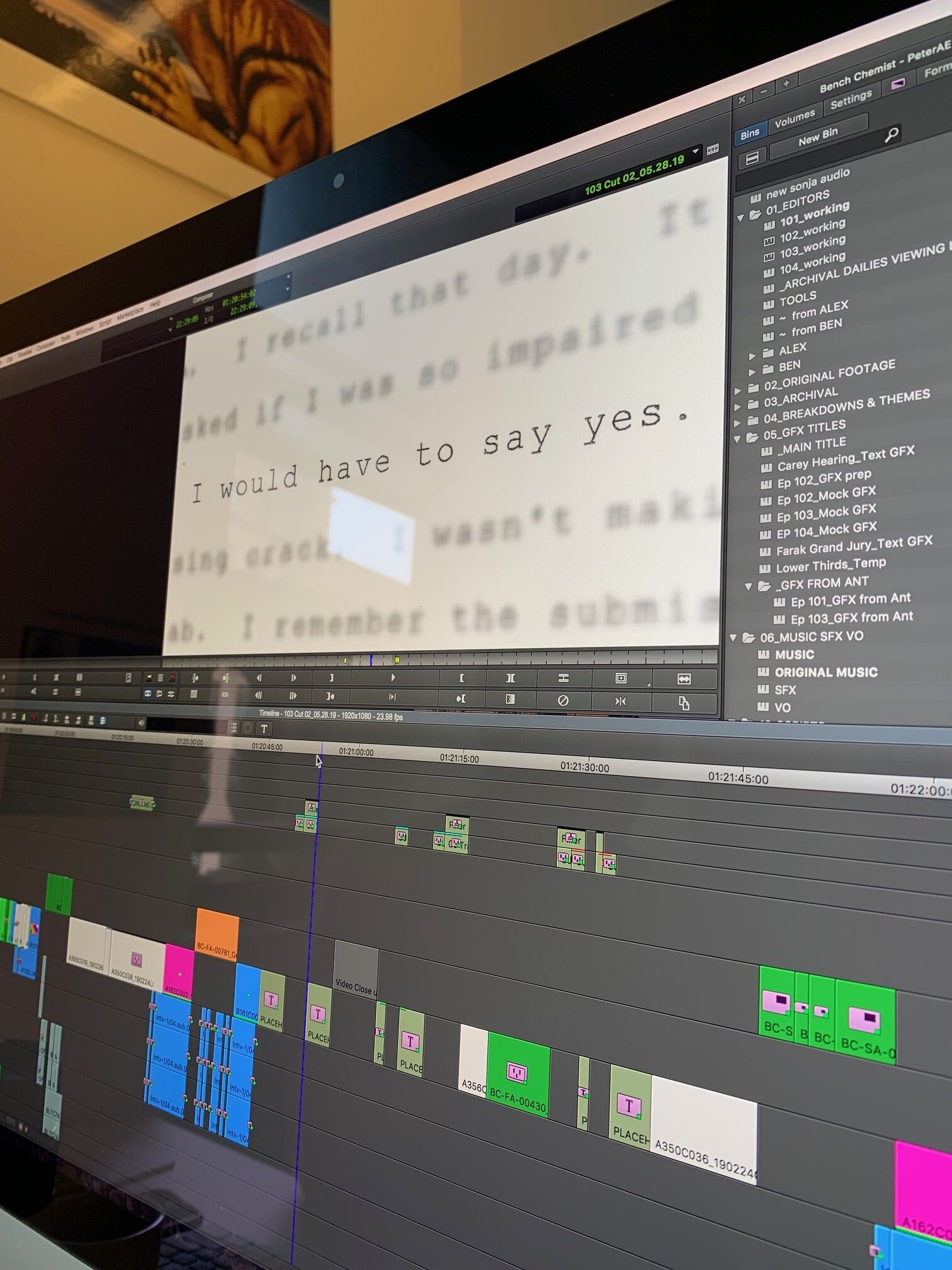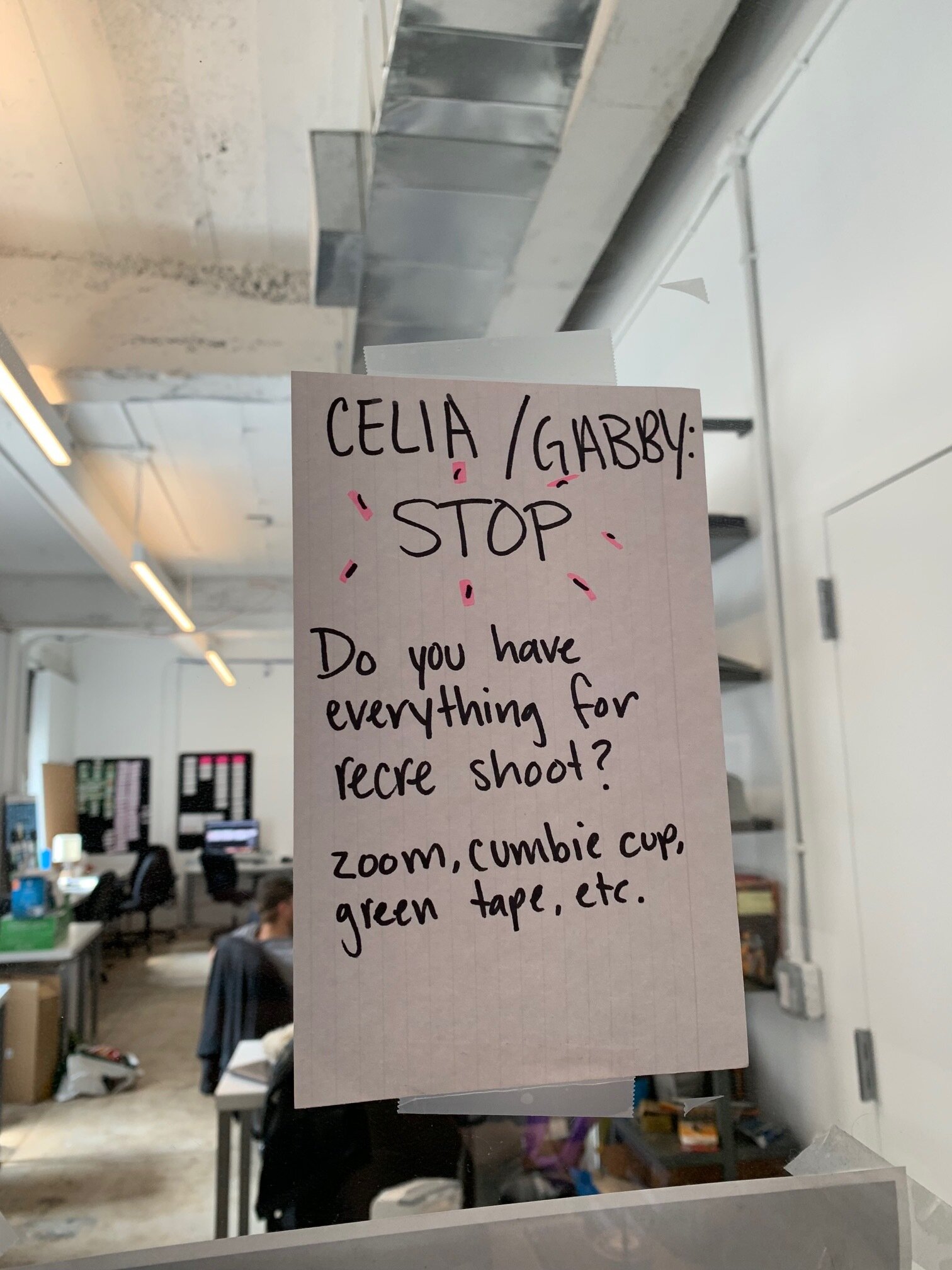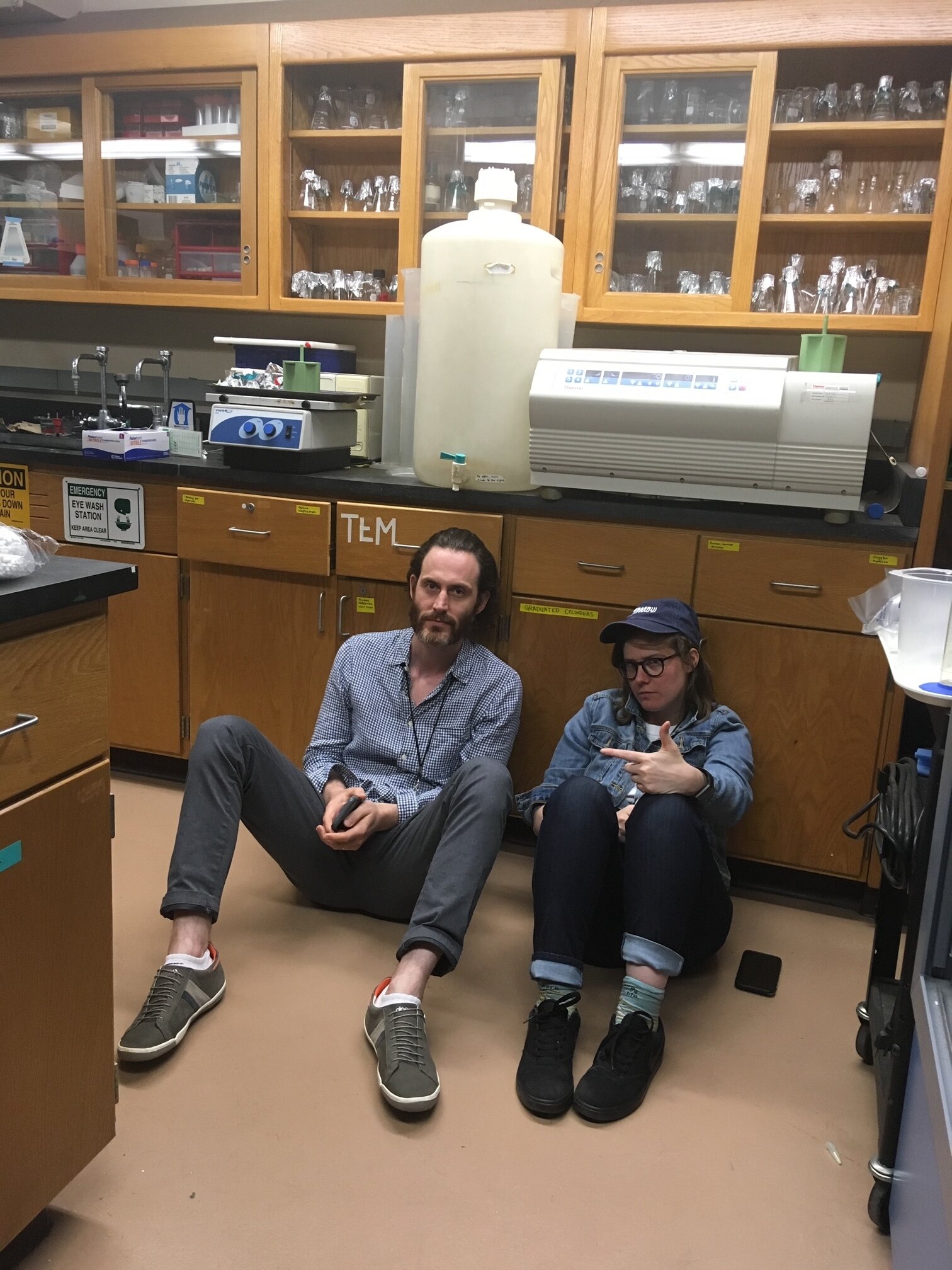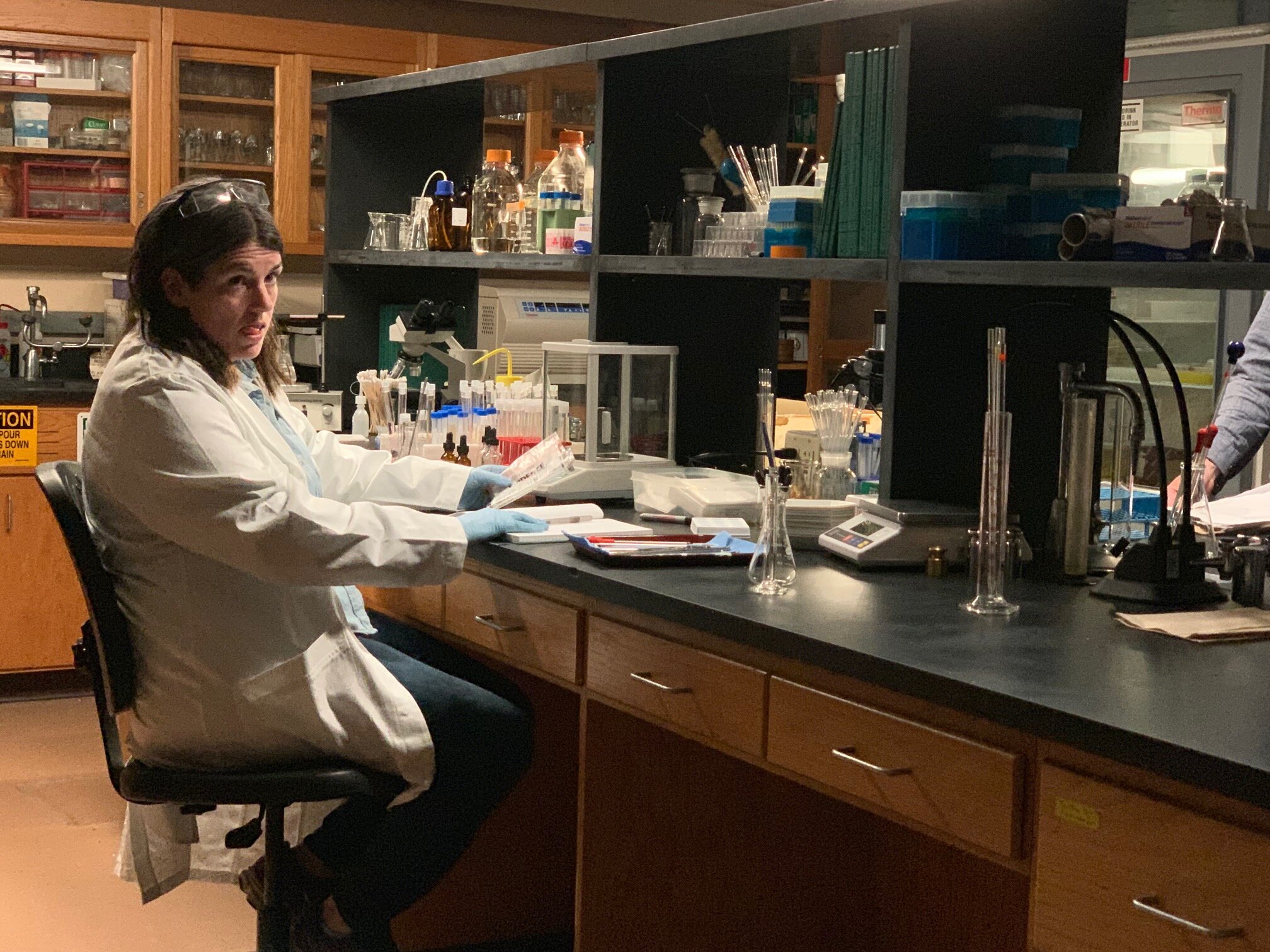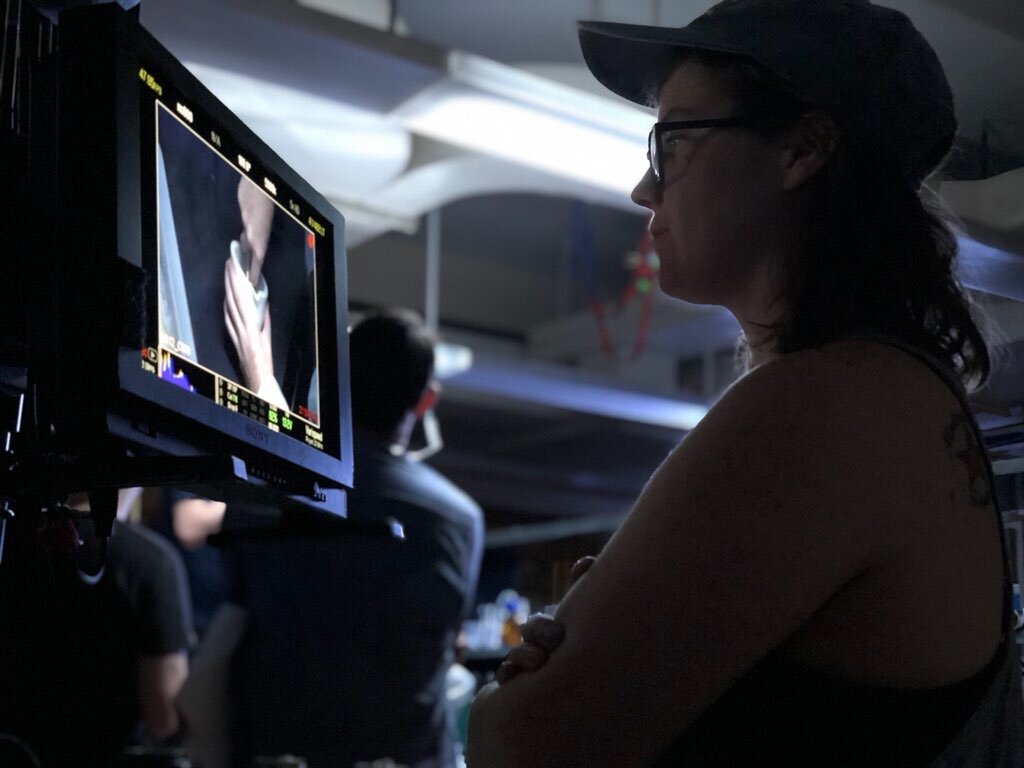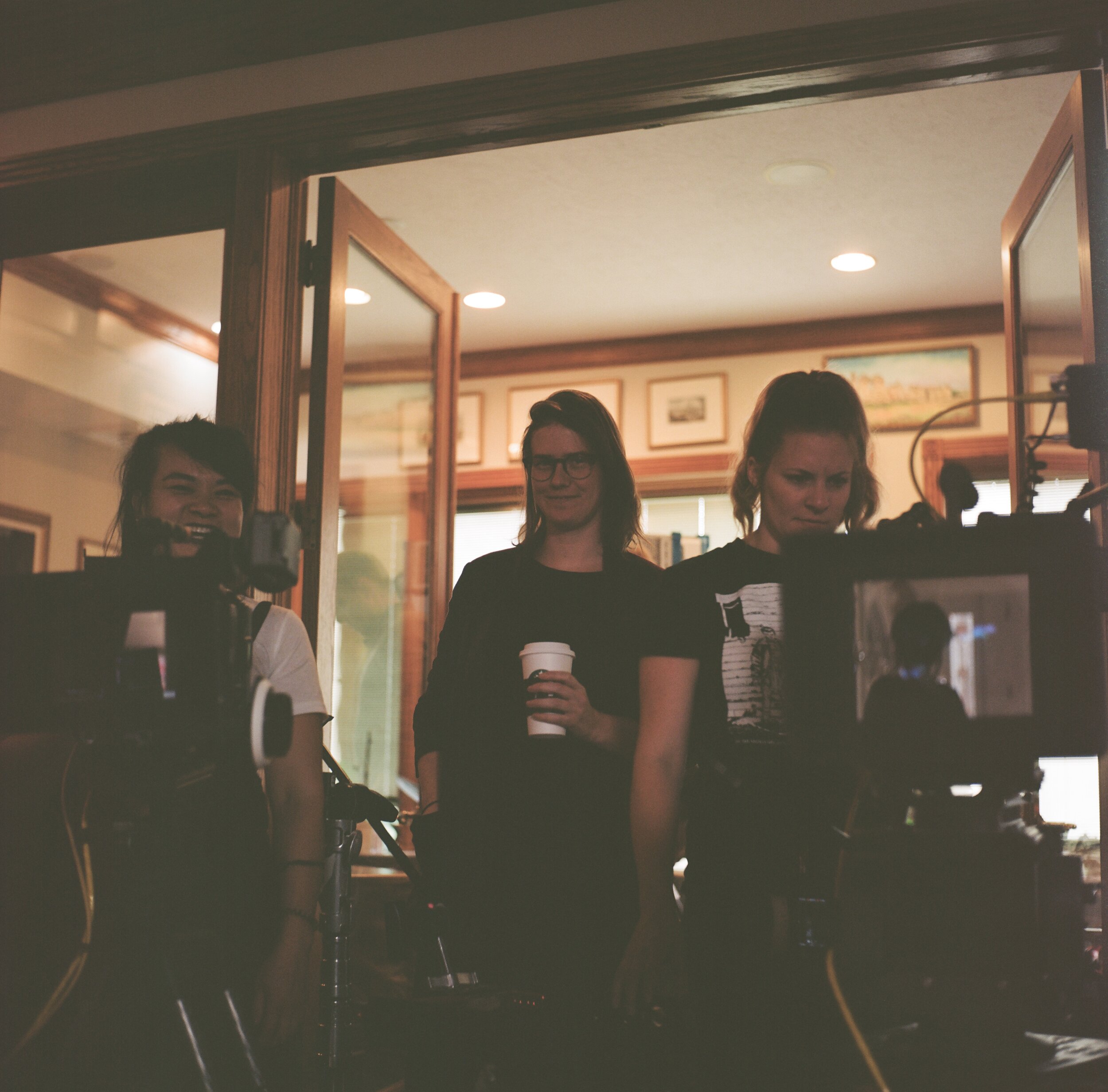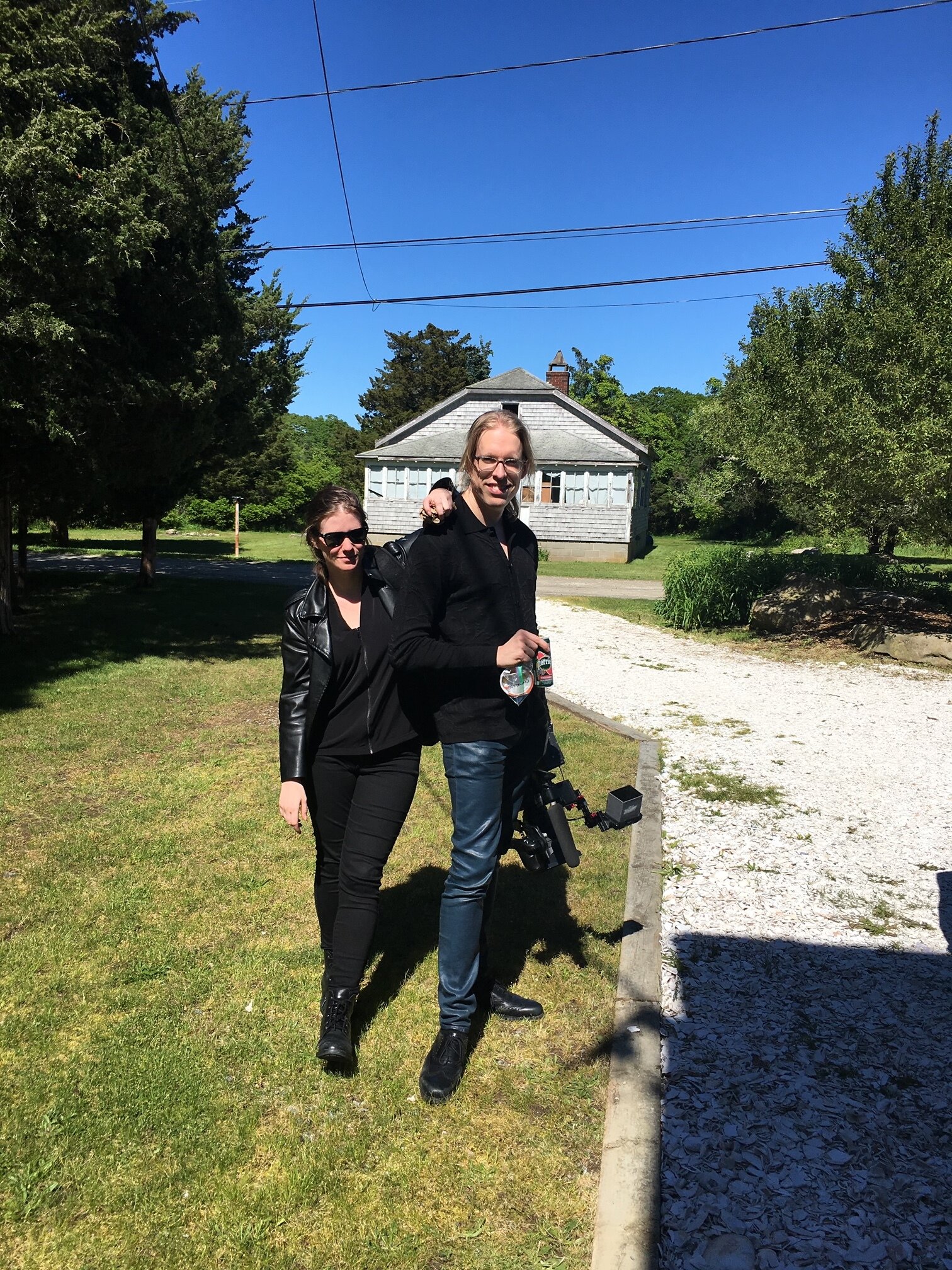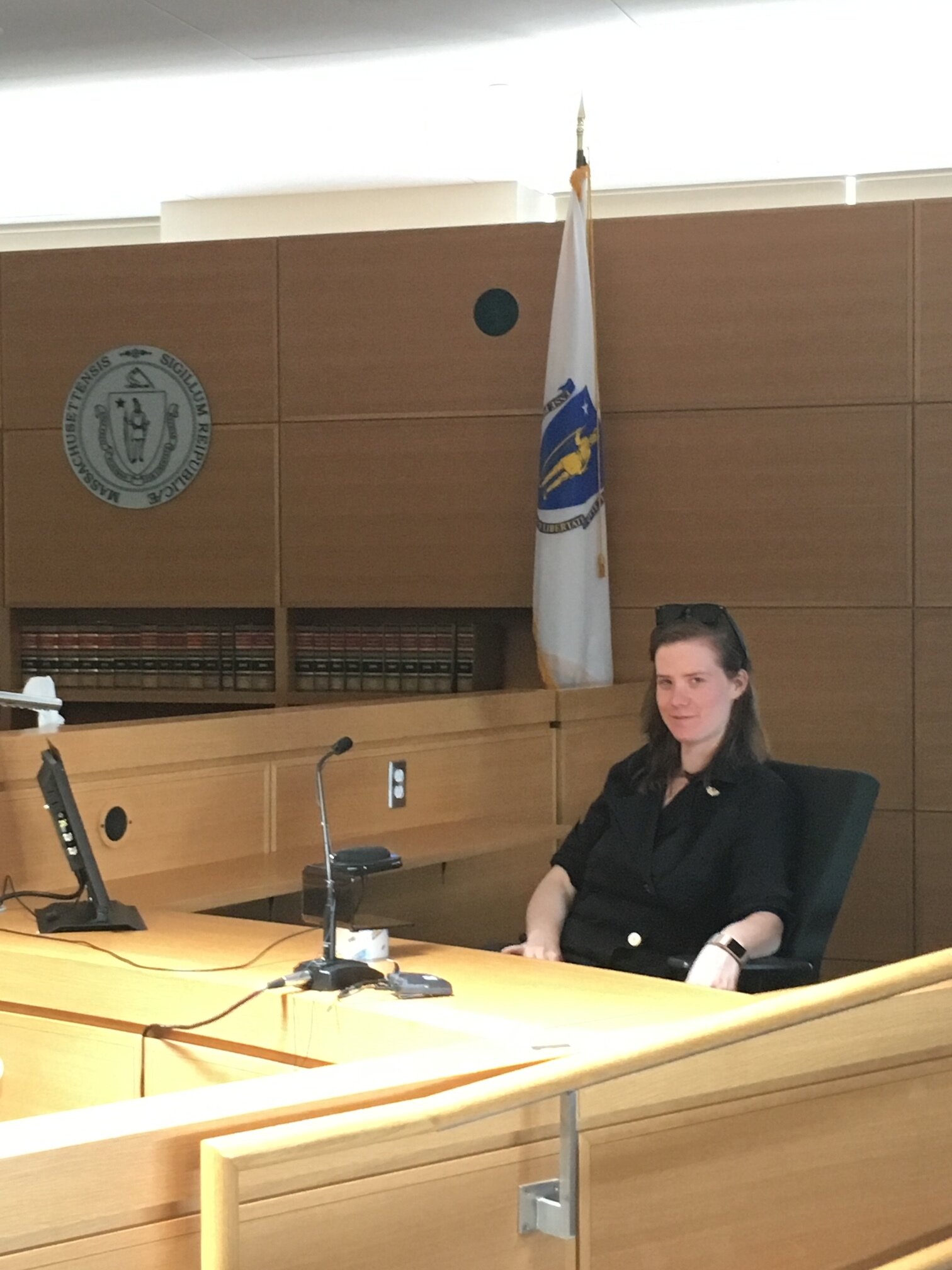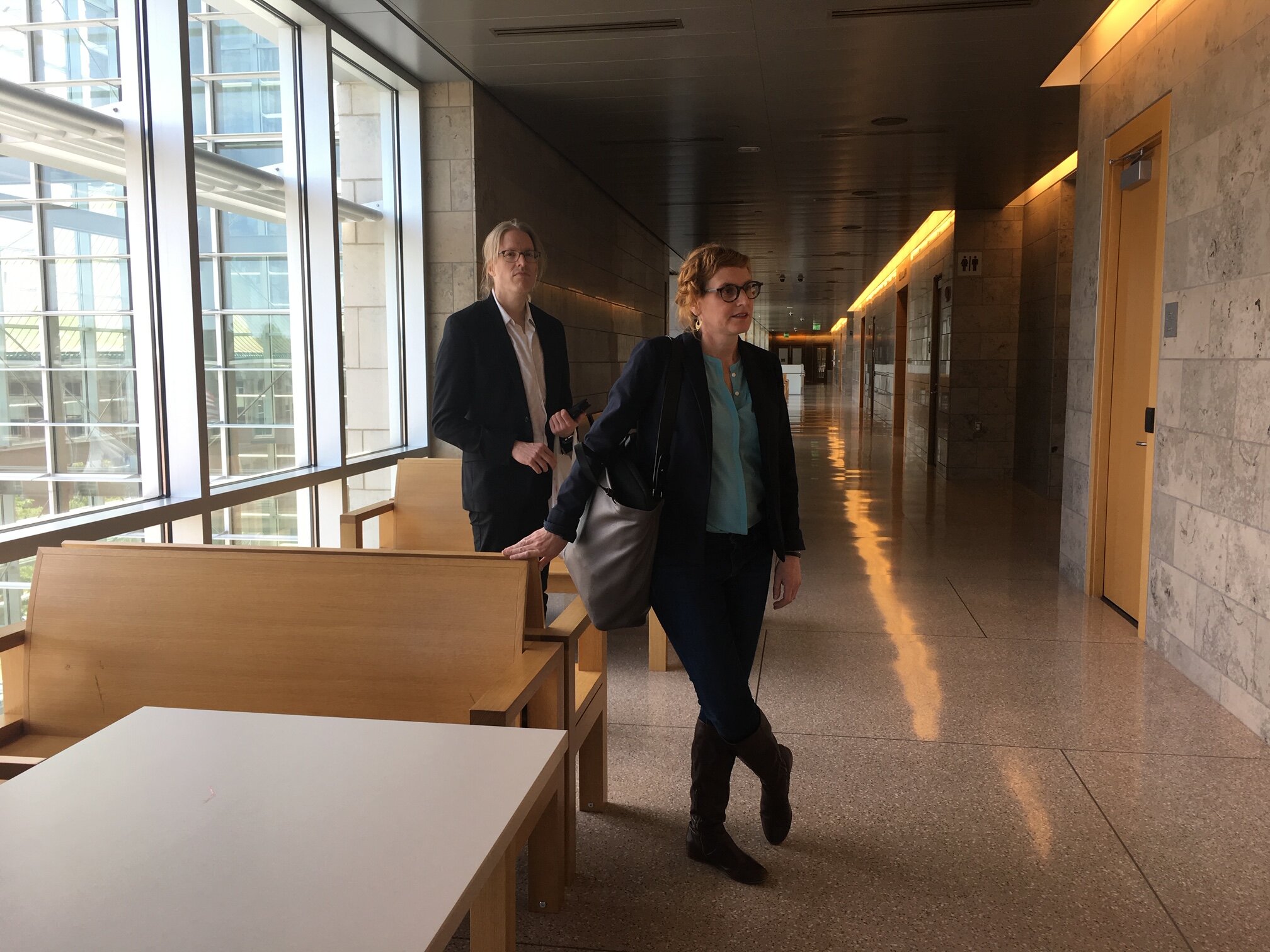So, you want to make a movie. Where do you start? Start with developing an idea for a story you think you need to tell (don’t start with one on your family, that is for later in your career). Start researching. Has a doc been made on this already? What are the unique access points? What are the comps in the space?
Read read read. Read about filmmaking, directing, scripted, documentary, selling, editing, cinematography. Watch masterclasses or YouTube. Be a person who is always searching for more information about how to become a better creative/filmmaker.
If someone else is making a film on a subject, don’t try and crowd the field. Too many voices on one subject doesn’t signal boost, they drown each other out. On that same note, don’t sit on a good idea, because someone else will make it first.
Access. Access. Access. If you are trying to make your first doc the way to get in the door is to obtain access to something you have exclusively. Exclusivity is garnered through trust and working with a subject in a long term capacity. Try and get a draft of an exclusivity agreement through one of your doc pals. Exclusive archive sometimes works, but not always.
Be prepared to work on the weekends and through holidays.
Dev 2-6 things at the same time. Access, distro, financing can fall apart at any moment. Don’t spend years working on something only to have it fall apart. Have a couple things going to keep you and your work safe.
Along with compelling subjects, what are topics/subjects that have rich archival to help you tell the story? It can’t just be a good story. How can you best tell the story without having to rely solely on sit down interviews and recreations?
It takes a village to make a film or a series, but you need to know your own voice and how to make it heard. Be ready to make tough decisions and do not hire your friends at the start.
Try and get a producer who has made work and is looking to be an executive producer/producer. Use their name to get in doors w/ production companies and/or networks but do not bother them with every single thing. You should be as self-sufficient as possible.
Trying to make a film without a solid editor or stalwart producer is like trying to play tennis without racquets or balls (or whatever sports analogy you like). The editor is the most important hire of the whole movie. Be supportive with them, bring them coffee, discuss the story, be there early and take notes. Be a strong communicator with your team. Try not to be on your phone in the edit (something I still struggle with.)
Do NOT be hard to work with. Execs, production companies and studios are there to support, produce, and distribute the art. Trust that they know what they are doing. Do not be hard to deal with on deal terms (this is my advice and perhaps not feedback that the rest of the industry would agree with). Also, production companies and networks are usually willing to review initial concepts (ideally with access in process or locked) but don’t necessarily need full materials (decks/sizzles). Sometimes they will even help you develop at no cost to you.
Pitching a network is really scary, so preparation is your best defense against nerves. Before the meeting, make sure to watch 2-4 of the network’s projects and be prepared to speak about them articulately and in reference/comparison to your own project. Follow up after the meeting and send a thank you with details only uttered inside the meeting. You want this person to remember you so think long term.
Know the ins/outs of a budget and how much things cost. Try and carve out a contingency. You will likely not get your ideal budget number, be willing to compromise and come with ideas on how to trim your budget lines. It’s better to make the film/series than not.
Publicity and marketing are VERY important, try and be helpful to those teams and come up with ideas, but also let them do their thing and learn from them. Pick strong key images.
Send wrap gifts and thank you notes!!! TY notes after meetings, zooms, screenings, notes. Wrap gifts after you finish the thing!
Apply to festivals, and when you are there watch as many movies as you can. Network. Take this in, it’s so special.
Rejection is incredibly normal (everyone says that) but be prepared. A network once passed on a doc-series idea of mine, and while it was devastating in the moment, I now know that it wasn’t the right time for that project. Rejection opens the door to other opportunities, I promise.
Lead with empathy for your subjects, as documentaries are about real people. Never let the end product forget the human center. Also, lead with empathy for yourself and your team. Mental and physical health matter above all else, and when a story is dark, you must take care of yourself and your team as well you take care of your subjects.
No one is in docs to make money, that comes later (if you are lucky!)
Do good and not evil, it’s documentary filmmaking after all.

